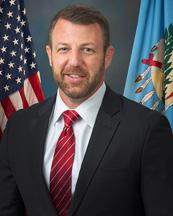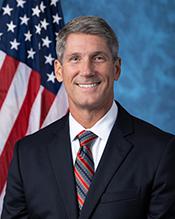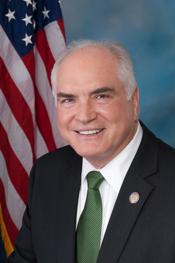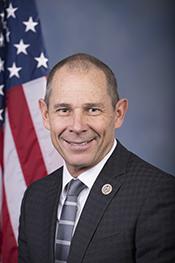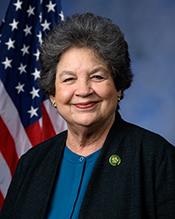H.R. 853: Assistance for Local Heroes During Train Crises Act
This bill, known as the Assistance for Local Heroes During Train Crises Act, introduces several measures aimed at addressing the response to hazardous train events, such as derailments or crashes involving trains carrying dangerous materials. Here are the main points:
Definitions
The bill establishes key definitions related to hazardous train events:
- Administrator: Refers to the Administrator of the Federal Railroad Administration.
- Eligible Entity: Includes state or local emergency response groups, such as law enforcement and fire departments, in areas affected by hazardous train events.
- Fund: A newly established Hazardous Train Event Emergency Reimbursement Fund.
- Hazardous Train Event: A train incident that the Administrator declares to be hazardous, primarily involving trains carrying materials that pose a public health or environmental threat.
Declaration of Hazardous Train Events
The bill allows the Administrator, in consultation with other federal agencies, to declare a hazardous train event within three days of an incident. This declaration triggers financial assistance:
- At least $250,000 will be awarded to one or more eligible entities immediately upon declaration.
- Additional funding, up to $3,000,000, may be provided based on the further needs assessed within five days of the declaration.
Emergency Reimbursement Fund
The bill establishes the Hazardous Train Event Emergency Reimbursement Fund, which will be maintained within the U.S. Treasury. The fund will be used to reimburse eligible entities for various costs associated with responding to hazardous train events, including:
- Replacement of damaged or rendered unusable equipment.
- Overtime pay for emergency responders.
- Operational costs for response efforts.
- Any additional costs as determined by the Administrator.
Documentation of these costs must be submitted to the Administrator within 120 days of receiving assistance, ensuring the funds are used appropriately.
Advance Warning Requirements
The bill directs the Secretary of Transportation to issue regulations that require railroads to provide advance notice to local emergency response groups about trains transporting hazardous materials. This includes:
- Advance warning of the train's load and timing.
- Real-time location information when the train enters and exits its service area.
Hazardous Materials Emergency Reimbursement Fee
To support the funding of the Emergency Reimbursement Fund, the bill introduces a reimbursement fee. This fee will be imposed on shippers and carriers of hazardous materials transported by rail, with the following provisions:
- The Secretary will determine a schedule of annual fees for entities with significant annual collections (over $10 million).
- Fees collected from these entities will be deposited into the Hazardous Train Event Emergency Reimbursement Fund.
Impact and Implementation
The overall aim of the bill is to improve the responsiveness and financial support for local emergency services during train-related hazardous incidents, potentially increasing public safety and efficiency in managing such situations.
Relevant Companies
- CSX Corporation (CSX) - As a major freight railroad, the company could face increased operational costs due to new regulations and fees related to hazardous materials transportation.
- Union Pacific Corporation (UNP) - Similar to CSX, Union Pacific may be significantly impacted by the regulations and potential fees for transporting hazardous materials, affecting its financial planning and operational strategies.
- Kansas City Southern (KSU) - The company may encounter increased costs or changes in its logistics processes due to the new requirements for hazardous material transport and associated fees.
This is an AI-generated summary of the bill text. There may be mistakes.
Sponsors
2 bill sponsors
Actions
3 actions
| Date | Action |
|---|---|
| Feb. 01, 2025 | Referred to the Subcommittee on Railroads, Pipelines, and Hazardous Materials. |
| Jan. 31, 2025 | Introduced in House |
| Jan. 31, 2025 | Referred to the House Committee on Transportation and Infrastructure. |
Corporate Lobbying
0 companies lobbying
None found.
* Note that there can be significant delays in lobbying disclosures, and our data may be incomplete.







